Last Updated on August 5, 2021

PLOT: The chilling true story of serial killer John Bunting and the family whose lives he entered and ultimately destroyed.
REVIEW: When I saw THE SNOWTOWN MURDERS not too long ago, it was going by its original title, SNOWTOWN. Clearly, IFC aims to drum up interest in the based-on-fact story of Australian murderer John Bunting by turning the title into something more sensationalistic (I’m sure they’d contend it’s in the name of being informative), but it will be difficult to find a less commercial, less straightforward movie focusing on a serial killer than this one. Justin Kurzel’s movie is uncomfortable and sometimes distressing, but it’s far from a typical thriller.

The setting is a rundown section of South Australia. Elizabeth Harvey (Louise Harris) and her three sons live in what can lightly be called depressing circumstances: mom gambles and seems consistently zoned out while the boys kill time playing video games and screwing around outside. Literally, that’s all they do; and if it sounds “okay”, one look at their glum house and the decrepit street they live on would change your mind. Jaime (Lucas Pittaway), Elizabeth’s oldest, is a quiet, unassuming teenager; obviously being killed on the inside by his lousy upbringing, yet with no guidance or direction (his father is an infrequent presence in his life), the sullen look on his face seems unlikely to change anytime soon. Complicit in his demeanor: the fact that Elizabeth’s boyfriend, who lives across the street, is taking nude photos of Jaime and his brothers, and probably doing worse. This is lower-class hell if there ever was one.
Coming to the rescue in an odd way is John Bunting (Daniel Henshall), a charmer with a baby face and apparent strict moral code; John drives away the neighbor with unsubtle tactics like littering the man’s porch with hacked up animal parts. Jaime and the boys forge a bond with the new friend. He starts hanging around a lot, making breakfast and turning some of their frowns upside down; an affable father figure that’s sorely been missing.

But John’s friendly demeanor hides a coldness that’s unfathomable. It slowly reveals itself at impromptu “neighborhood watch” meetings where John holds court and proselytizes about the other supposed molesters, perverts and undesirables in the town. It becomes clear that he wants to rid the village of the people he views as objectionable, and he doesn’t find much argument from his neighbors. Soon, talk turns to action. John becomes a killer (maybe he already was one), quietly murdering random townsfolk who he has deemed expendable, with some of his neighbors turning a blind eye to his actions or actively assisting in the crimes. Jamie’s involvement goes even further…
It’s the unhealthy relationship between John and Jaime that is the centerpiece of THE SNOWTOWN MURDERS; the mentor-protege pairing is sad, and in a helpless way, inevitable, because of how easily John manipulates the younger man. Abused and neglected for so long, Jaime can’t help but be swayed by anything resembling a father figure, and John’s overtures of trying to “toughen up” the boy are a transparent ruse to mold him into an accomplice and disciple.

First-time director Kurzel’s greatest achievement in SNOWTWON is his creation of a believably hopeless environment filled with worn, realistic faces. Most of the cast is new to movies, though there’s no telling that based on their naturalistic performances. HENRY: PORTRAIT OF A SERIAL KILLER is, to me, the clear inspiration for the film’s you-are-there aesthetic; there’s nothing glossy or showy about the production, it’s meant to give you the sense that you too are amidst the squalor and desperation. And while the majority of the murders take place off screen, the one that we’re actually witness to is disturbing in the extreme and casts a grim shroud over everything that follows. Even the scenes of preparation and clean-up have a queasy quality to them. There’s no question you leave the film with your skin crawling.
What Kurzel sacrifices for this naturalism, however, is narrative cohesion. The chain of events isn’t always clear (has a day passed since the last scene, or a week? A month?), and we’re often left to pick up several pieces of plot information for ourselves (who is that person? How do they know him and why are they killing him?). This isn’t to say a film that doesn’t do all the work for you shouldn’t be appreciated, but SNOWTOWN is frustrating because there’s definitely an aimless, wandering quality to it; as if the director’s trying to find the movie in the editing… and is still looking. Some important sequences end abruptly, while other, less informative scenes go on for far too long, testing our patience, as well as our interest in how it will all resolve.
That resolution, in the context of this movie, is especially disappointing, both vague and unsatisfying, accentuating the uneven experience that is THE SNOWTOWN MURDERS. (The nature of the ending won’t be described by me, but let it be known that it feels like something of a cop-out.) It’s strange but true that a movie so adept at showing us the ugly facts of the matter evidently jumps ship when it’s only reasonable to take us all the way to the unhappy end.



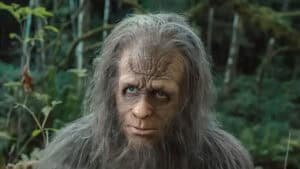




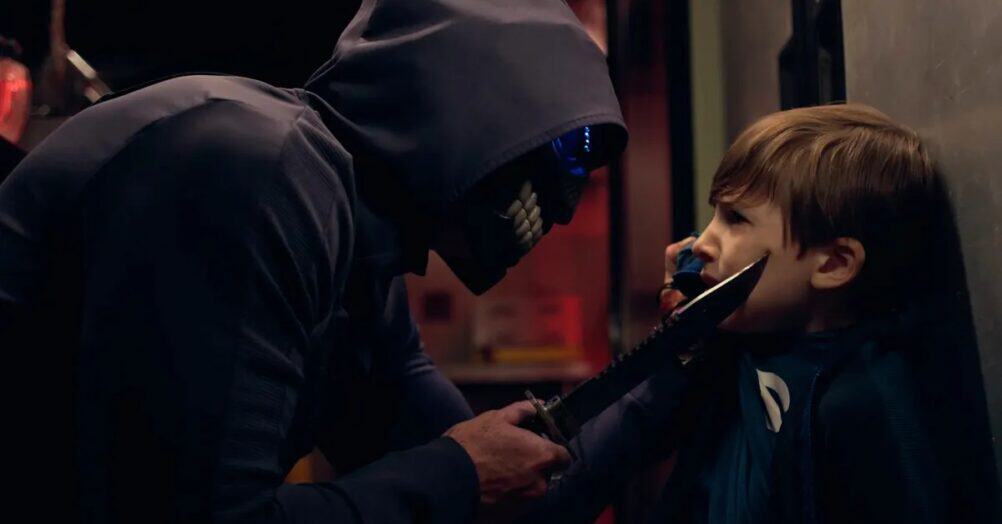
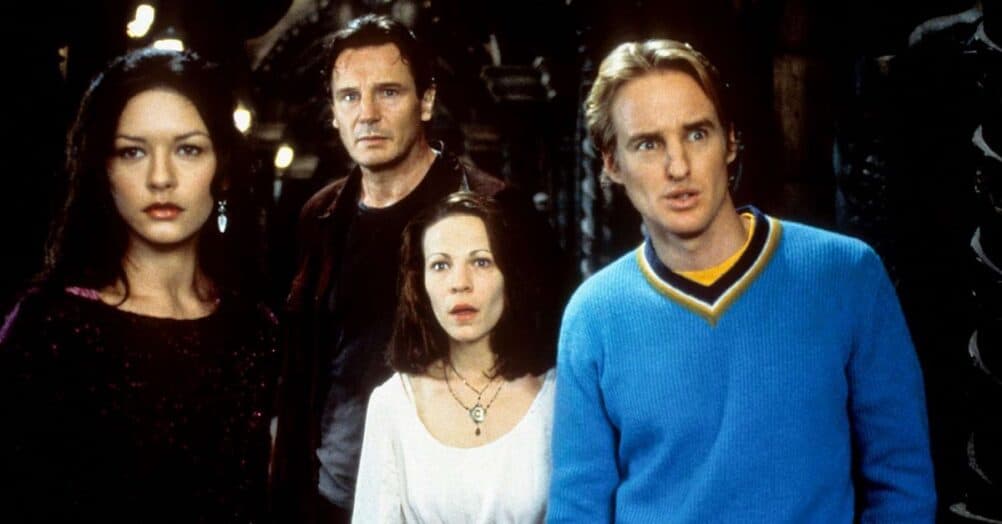
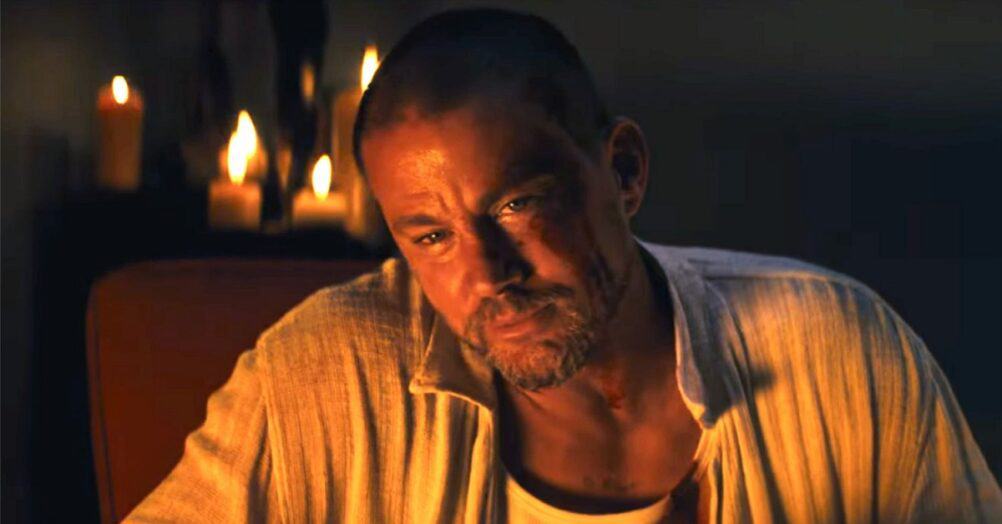
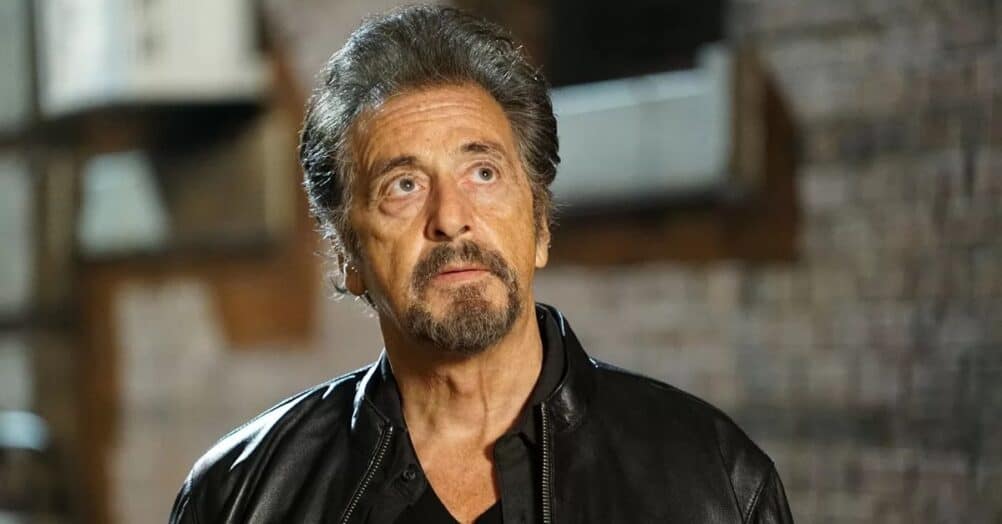
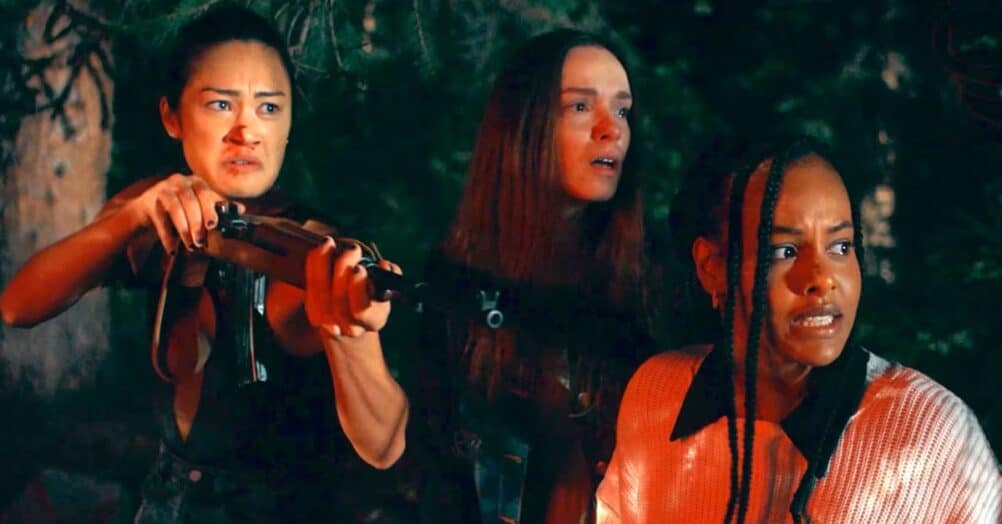
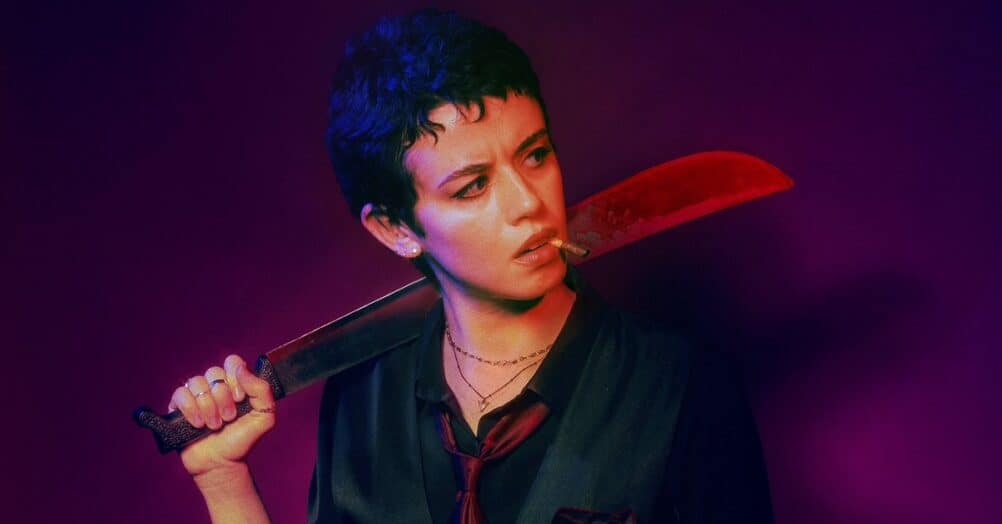

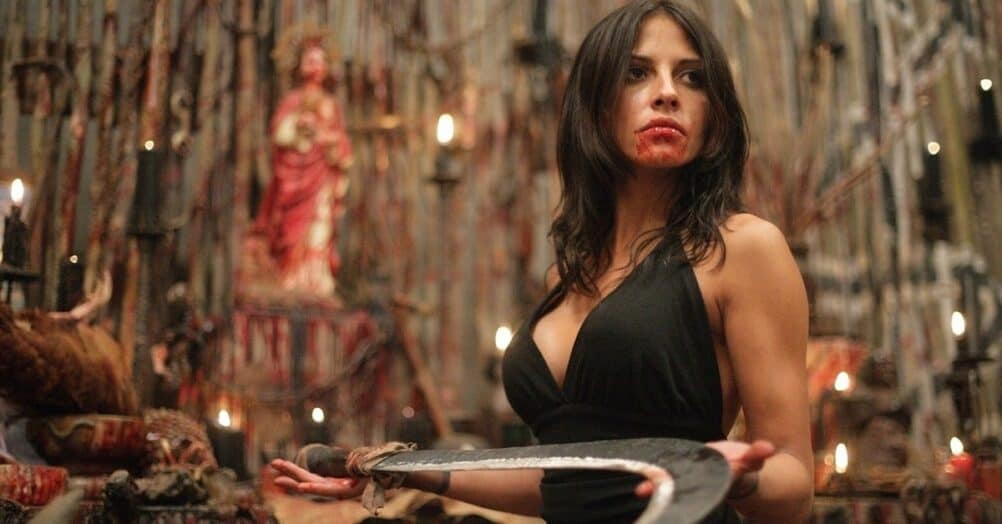
Follow the JOBLO MOVIE NETWORK
Follow us on YOUTUBE
Follow ARROW IN THE HEAD
Follow AITH on YOUTUBE